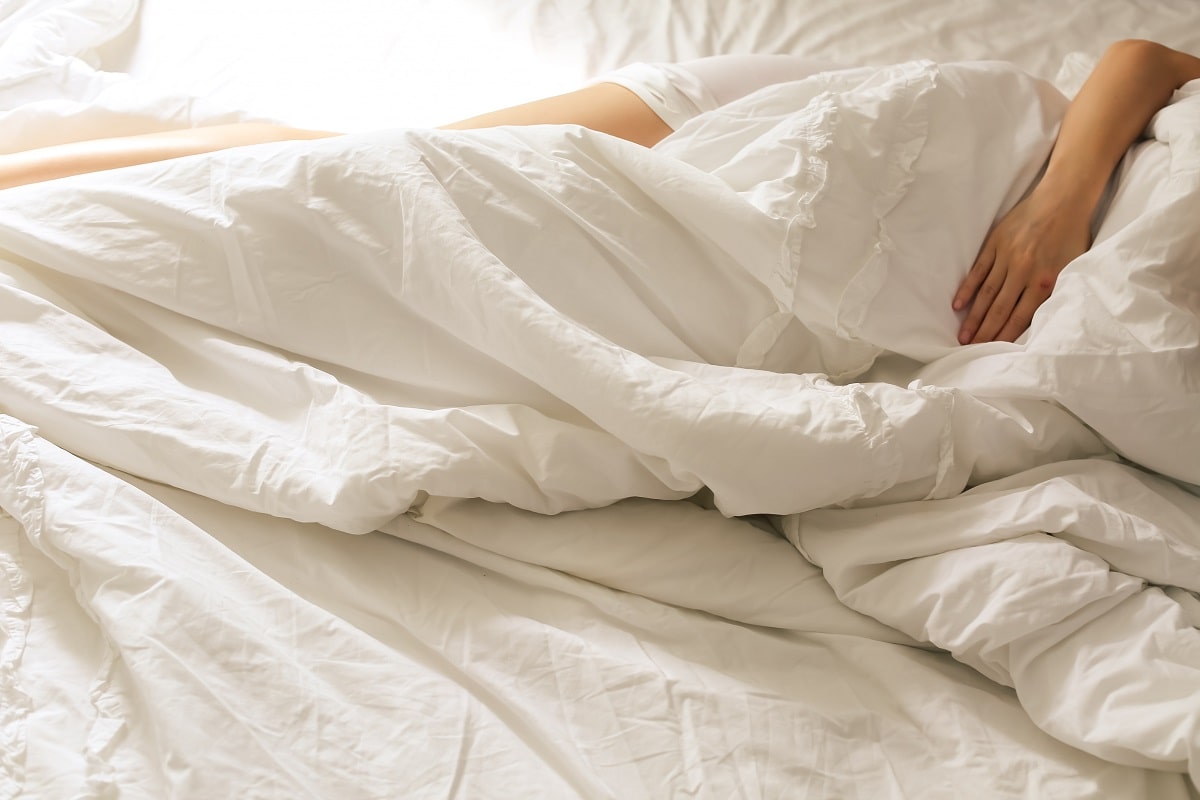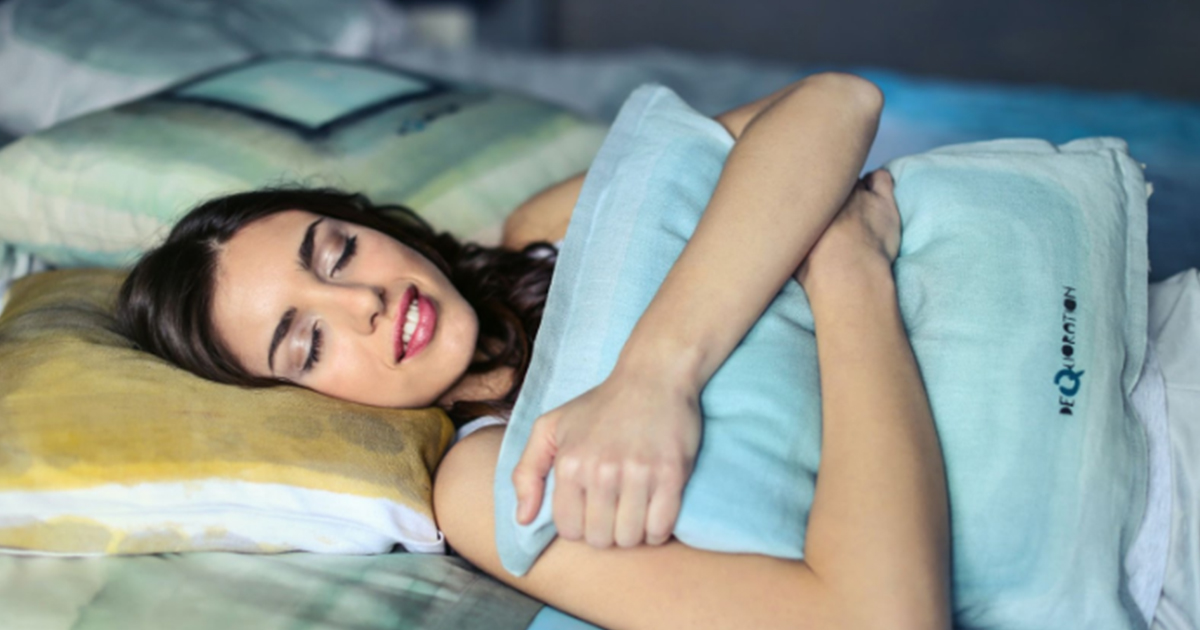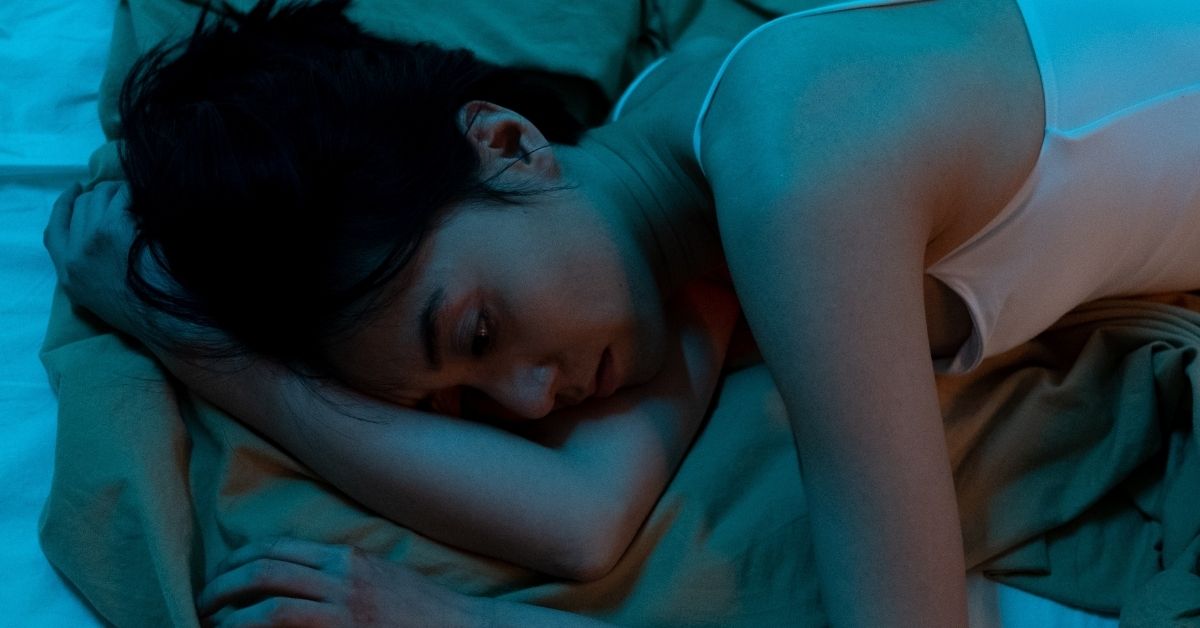Have you ever noticed how your sleeping patterns tend to be different during the summer months versus the winter? You might be wondering how these differences affect your overall circadian rhythm and how you can ensure that you get enough sleep during both times of the year.
Your sleep in the winter and summer are different due to factors that affect the body and its natural sleep patterns. Here are some of these factors:
Exposure to Light
The body is naturally prone to falling asleep after the sun sets and waking up when the sun is up. The light, especially natural light from the sun, influences the body into waking up. When you’re exposed to sunlight, your brain will essentially tell the body what to do based on this information.
For example, the brain will start to release melatonin when the sun is setting, which is why you’ll naturally feel sleepy when the sun is down. When it rises, the exposure to sunlight regulates the melatonin levels in your body to keep it functioning within the day and help you sleep at night.
In the summer, the sun typically shines brighter compared to the wintertime. Because of this, it’s easier to wake up during summertime, and it’s easier to fall asleep during the wintertime as the levels of exposure to light are vastly different.
Daytime Activity
Engaging in vigorous physical activity greatly affects the quality of sleep as well. Because you’re using energy throughout the day, your sleeping pattern is a lot more consistent, and you’ll find it easier to fall asleep during the night. The body regenerates and recharges that used energy for the next day.
People tend to be more active during the summer than in the winter. Additionally, they also tend to sleep and eat more during the day in the winter season, which can disrupt their sleeping pattern. In the summer, people are more social and much more physically active, which affects overall sleep quality during the warmer months.
Temperature
A problem most people encounter is that it’s difficult for them to fall asleep in the summer, which is probably due to the rise in temperature. The body is wired to decrease in temperature by two or three degrees to enter the initial sleep stage. When the room temperature is lower, it’s easier for the body to drop in temperature and initiate sleep.
It’s easier to stay awake during the day in the summer, while it’s a lot more difficult to do so during the colder months. However, since heat can make it challenging for people to fall asleep, sleeping at night can be frustrating. In the winter, depending on your sleep pattern, the body can seamlessly fall asleep during the night as long as it doesn’t have too much energy.
Things You Can Do
When it’s getting difficult to fall asleep during the summer or winter nights, there are things you can do to help yourself fall asleep. If you find it hard to sleep because of the summer heat, invest in a quality air-conditioning unit (if you didn’t have one yet) to make your body feel more comfortable.
If you feel too sleepy during winter days, engage in indoor physical activities to keep your mind and body occupied, allowing you to keep to a consistent sleeping schedule at night.
Reset Your Sleep Cycle Today
Achieving a restful sleep and maintaining a consistent sleep pattern is important to stay productive during the day. However, most people find it challenging to get some good night’s sleep because their circadian rhythm has been disrupted, especially during the shift in the seasons. For this reason, consulting a sleep doctor can be beneficial as you try to reset your body’s sleep cycle.
Sleep Doctor in Jacksonville, FL
Jacksonville Sleep Center can help you address sleep disorders. We provide treatment for sleep apnea, insomnia, and narcolepsy, among others. Get in touch with us and book your appointment today.






